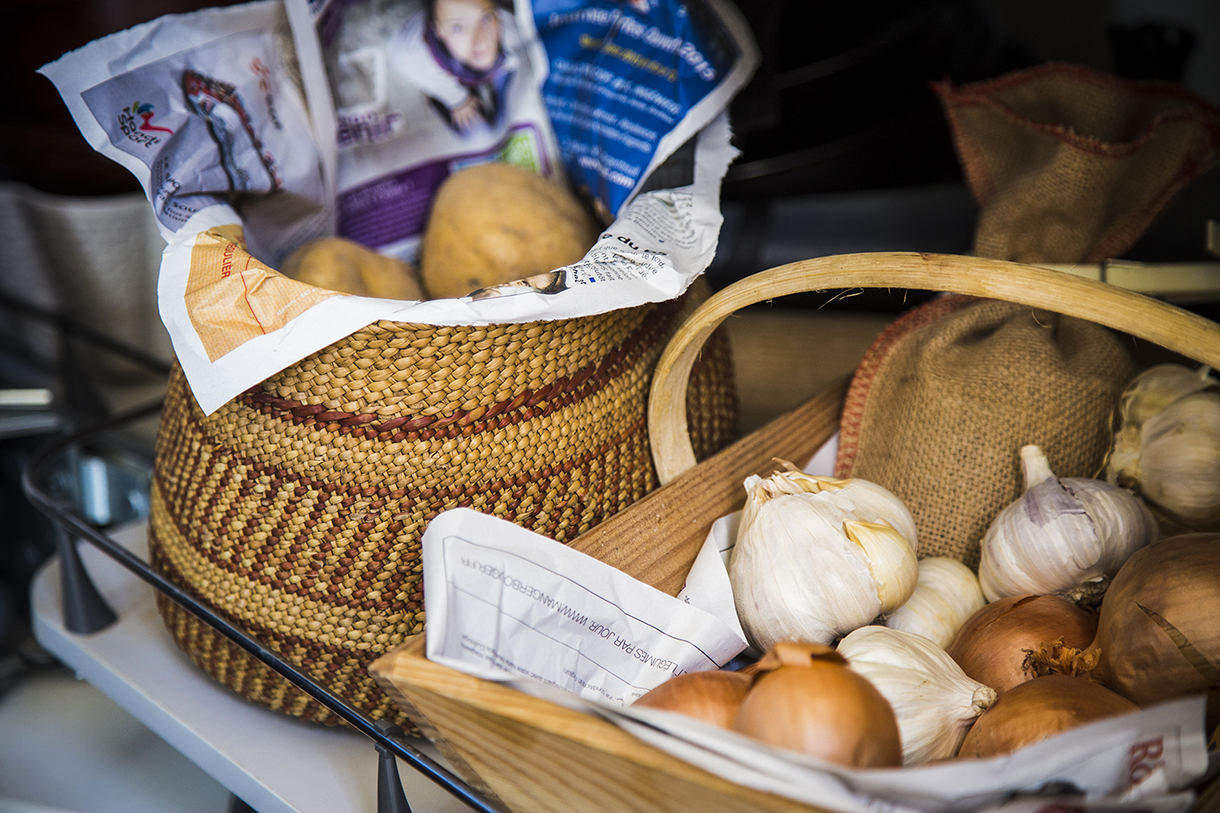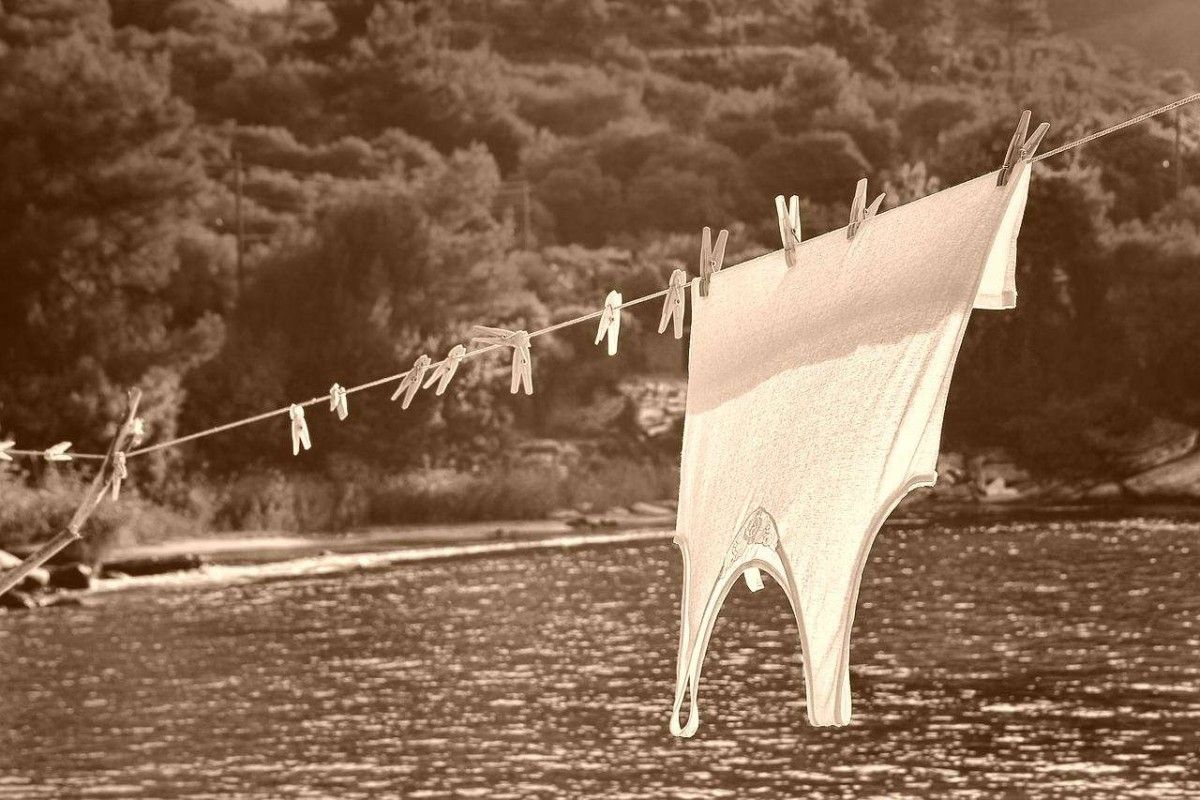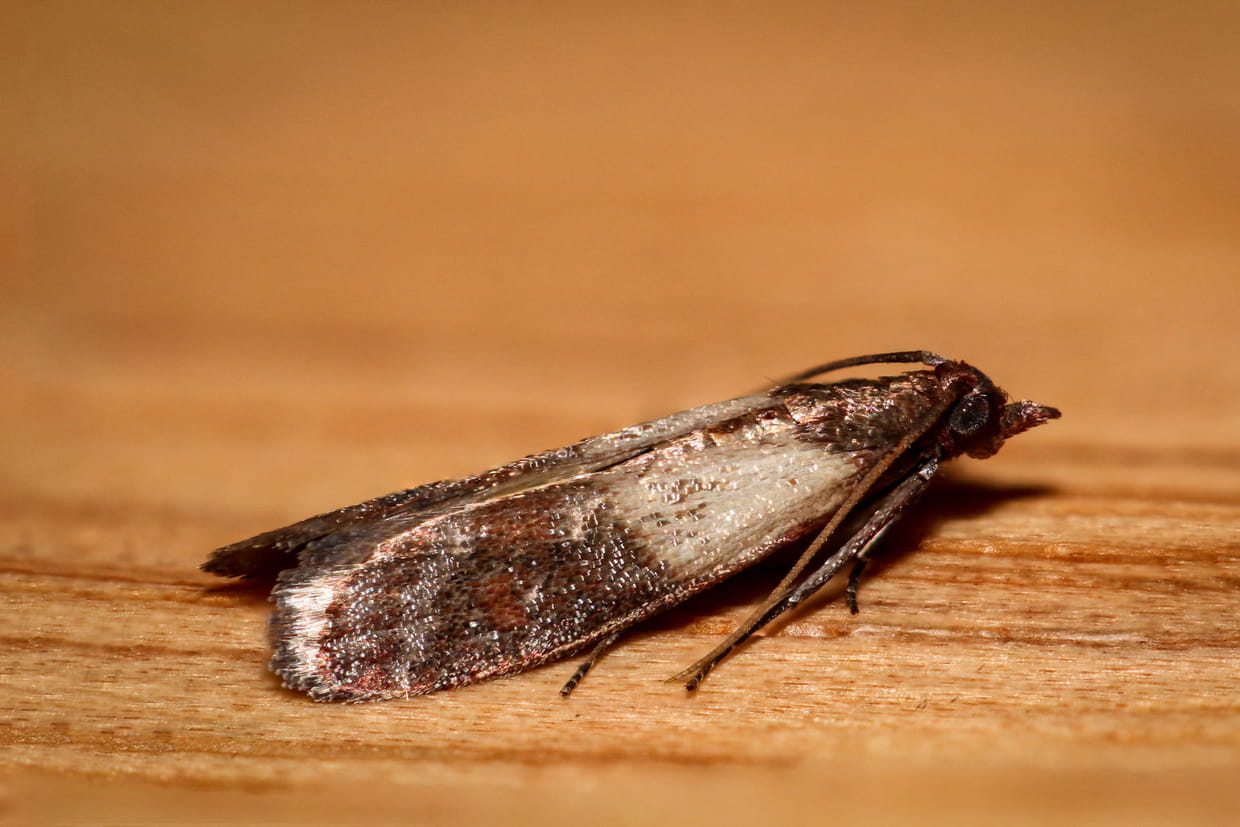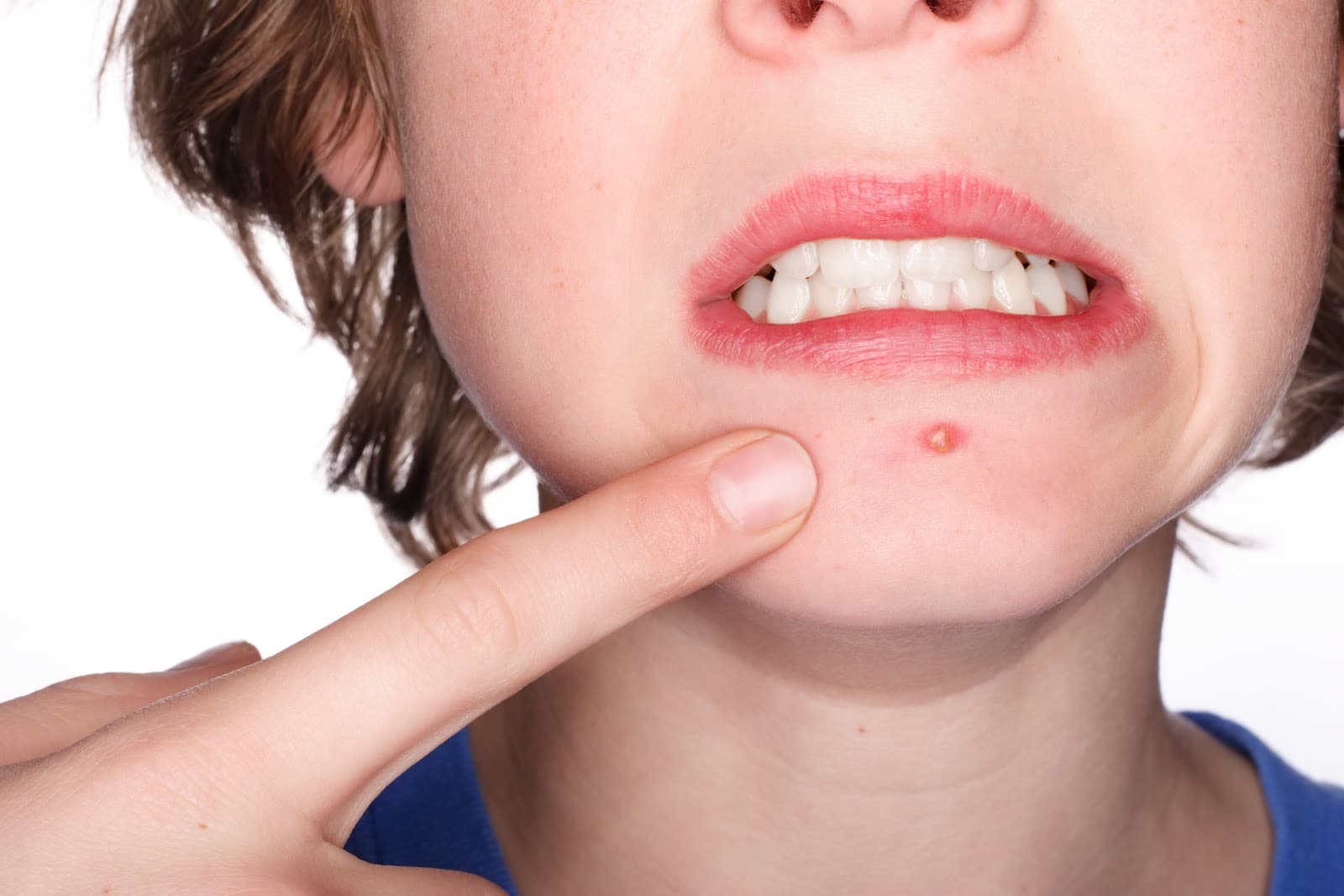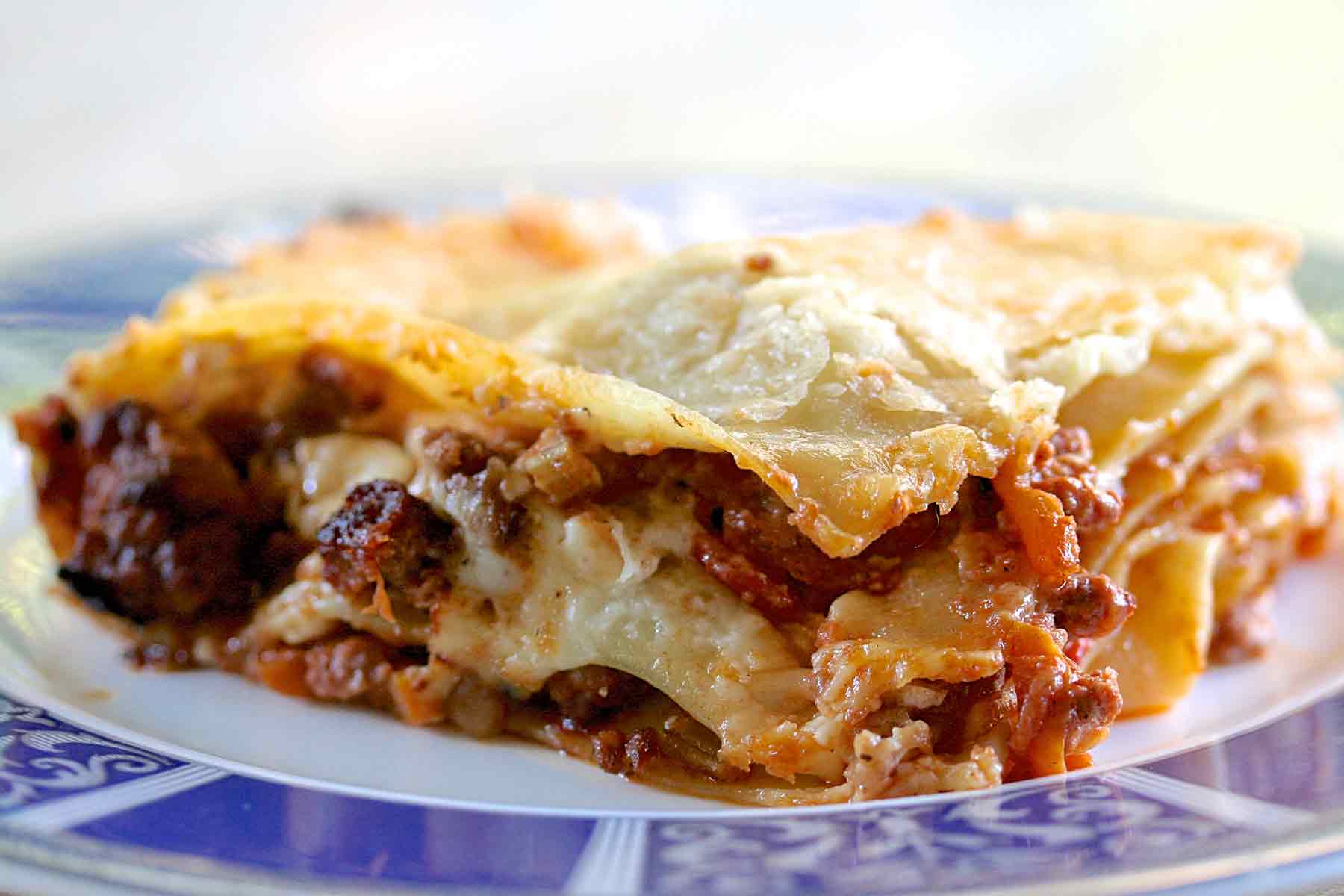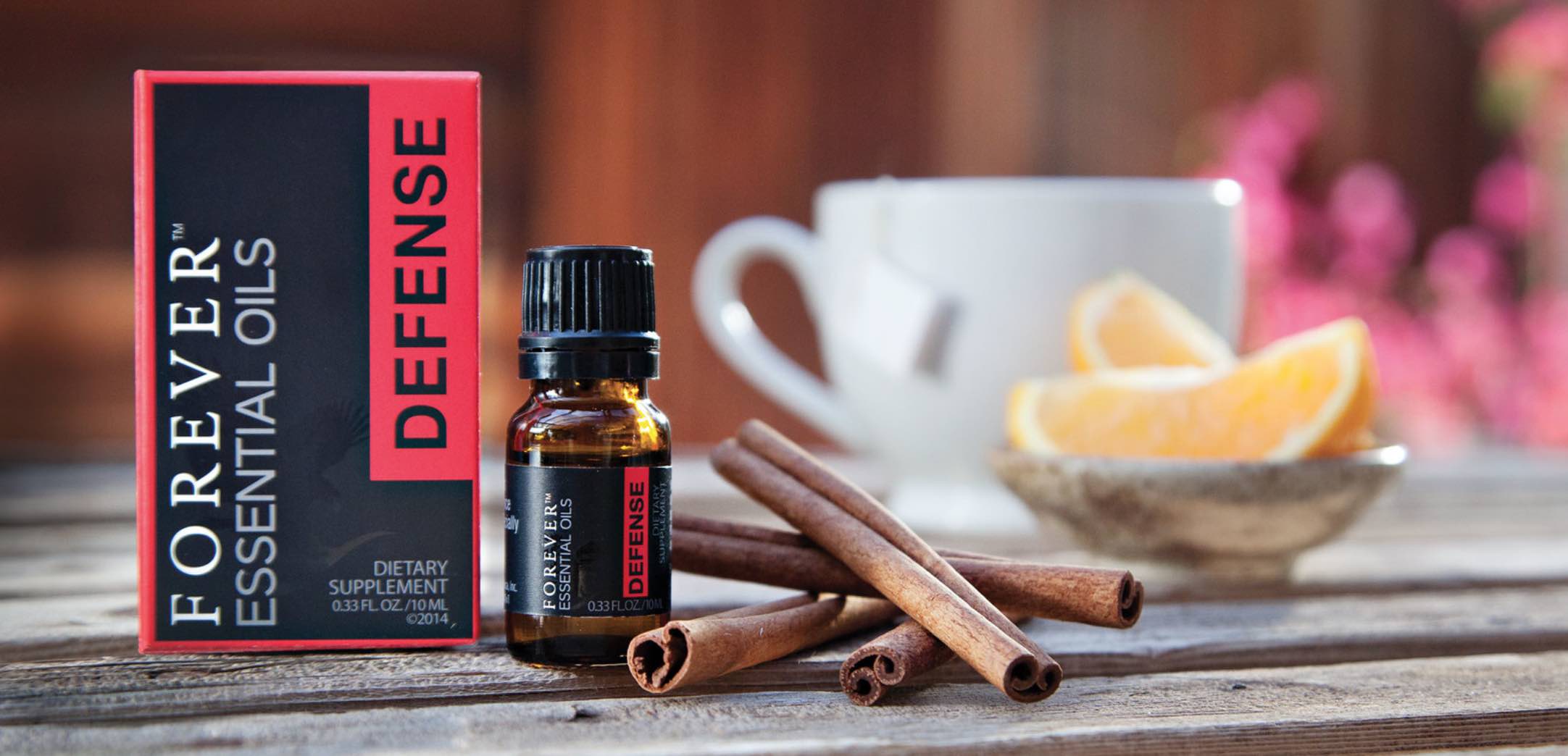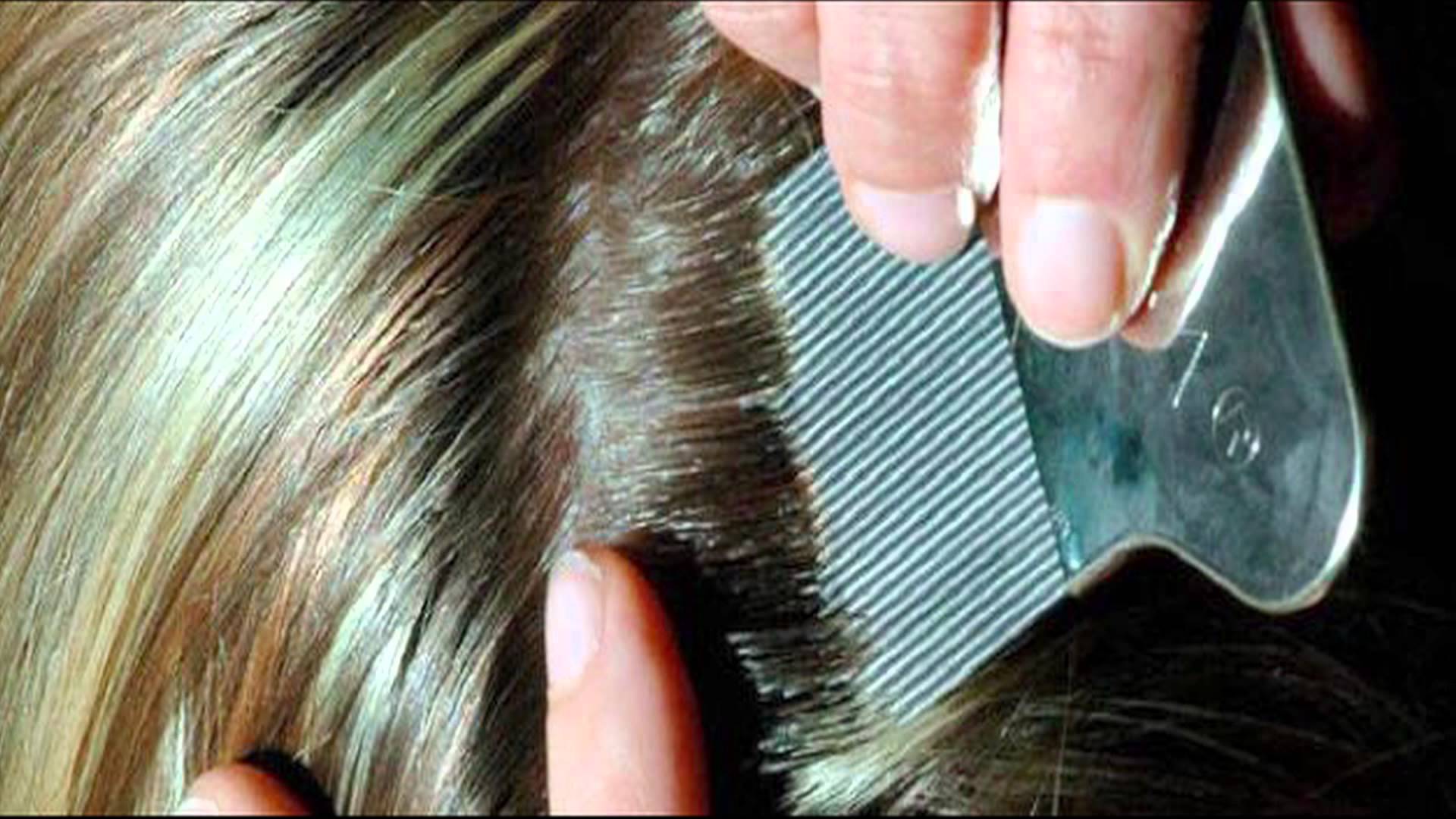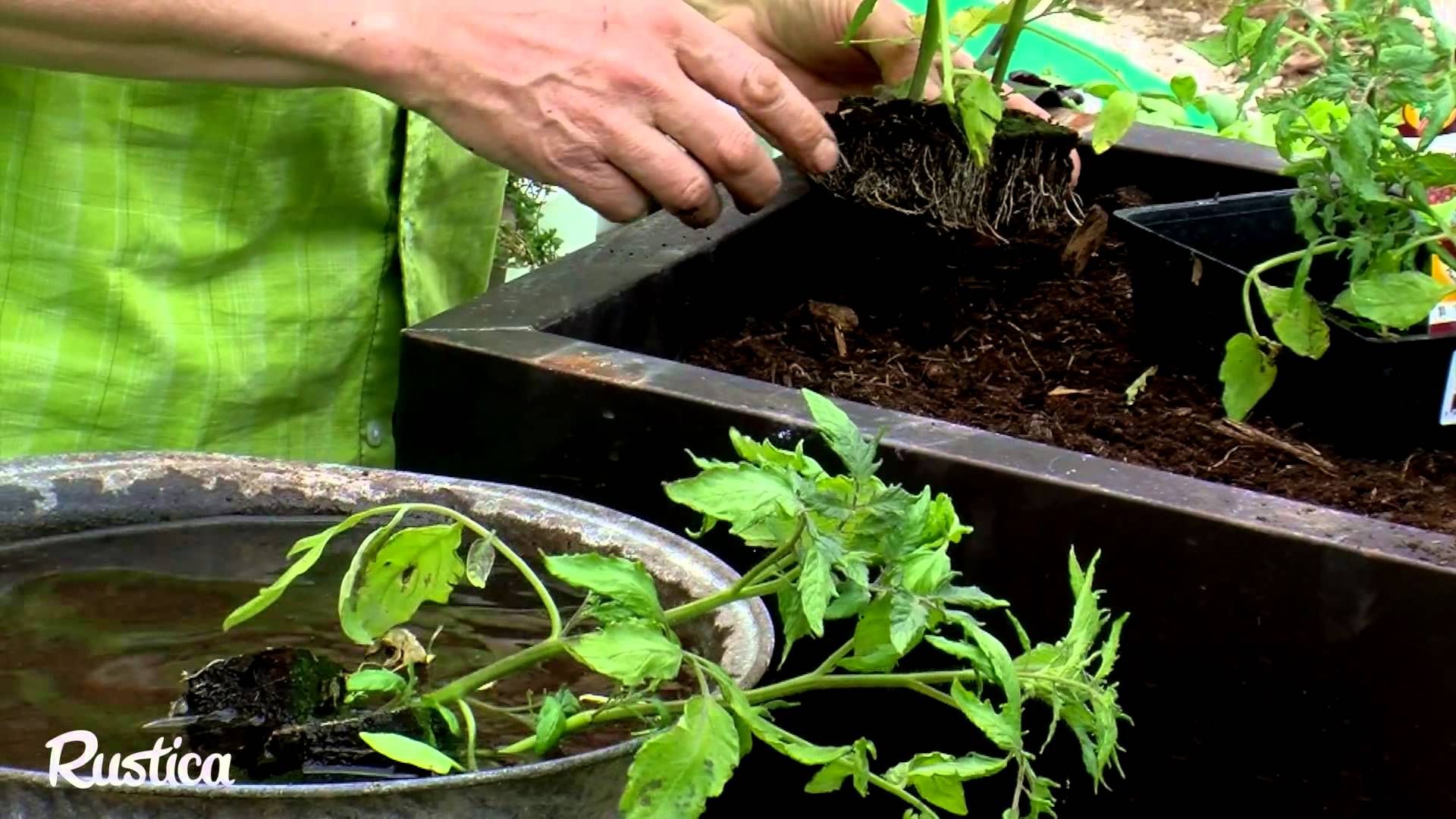12 Super Effective And Natural Tips To Say Goodbye To Aphids Fast.
Aphids are those little green critters that suck the sap from your beautiful plants.
Of the more than 80,000 known aphid species, about 250 are considered to be pests.
Aphids pierce plant stems, preferably young stems, to gain access to a nutrient-rich sap.
By doing this, they rob the plant of the fuel it needs to thrive.
In addition, aphids carry viruses which infect the plant and which can be fatal to potatoes, citrus fruits and grains.
Not to mention the fact that aphids reproduce quickly and a single colony can easily destroy a plant in a matter of days.
Fortunately, there are many ways to control aphids using natural remedies without harmful insecticides.
We have selected for you the 12 best grandma remedies to get rid of aphids fast. Look :
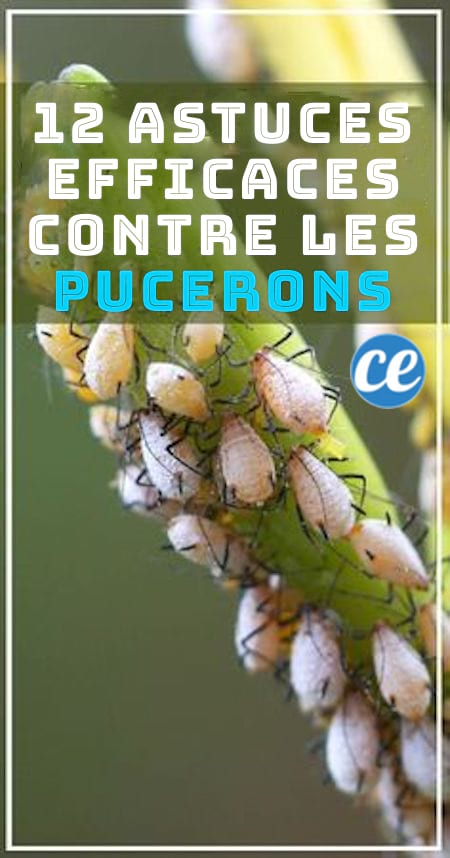
1. By hand
If your plants are still lightly infested with aphids, you can easily remove them by hand. No need to use chemicals!
Simply put on a pair of gardening gloves, then run your fingers over the stems, crushing the aphids.
If the infestation is only one or two stems or branches, simply prune them to prevent the aphids from spreading.
Be careful, get rid of cut branches. Aphids should not come back!
Put the branches in a bucket of soapy water to kill them.
2. With a garden hose
If the infested plant is strong and hardy, there is a simple and effective way to get rid of aphids naturally.
The trick to destroying aphids is to simply use the pressure of the water that comes out of a garden hose.
Use strong pressure on the garden hose and spray the aphids with it.
Obviously, if your aphid infested plants are fragile, it is better to try another method, at the risk of damaging them.
3. Dishwashing liquid
If your plants are moderately infested, consider using dish soap to kill aphids.
To do this, dilute a few tablespoons of dish soap in a small bucket of lukewarm water.
Then apply the mixture directly with a sponge or by spraying it on the plant in a spray bottle.
Soap is super effective, as it dissolves the waxy coating that protects the body from aphids, dehydrates them, and ultimately kills the bugs without harming the plant.
Remember to also treat the underside of the leaves where aphid eggs and larvae hide.
Be careful though, because most dishwashing liquids will also kill beneficial insects.
Be careful when applying this treatment to your plants. Natural predatory insects of aphids such as ladybirds, hoverflies and lacewings should not be eliminated.
4. Neem oil
Dilute organic neem oil in water and spray it on aphid infested plants. It is an effective natural treatment against aphids.
The components present in neem oil act as a repellant not only against aphids, but also against a large number of other pests like mealybugs, cabbage worms, beetles, leafminers, ants and caterpillars.
Neem oil is also effective against the spread of many fungi that infect plants.
Again, neem oil can repel beneficial insects in your garden as well. It would be a shame to deprive him of all these little essential aids;)
If you don't have neem oil on hand, be aware that it also works with olive oil.
5. Essential oils
Create a cocktail of thyme, peppermint, clove and rosemary oils.
4 to 5 drops of each essential oil should be enough.
Put everything in a small spray bottle filled with water. Shake and apply to plants infested with aphids.
This powerful blend of essential oils will kill most garden pests as well as their eggs and larvae.
Be aware that this mixture also works very well as a natural insect repellant for outdoors or indoors.
6. Soap as an insecticide
There are many all-natural, premixed insecticidal soap treatments available commercially for controlling garden pests.
Read and follow the directions that come with these products to avoid inadvertently killing a beneficial species of insect in your garden.
For my part, I use black soap. It is a natural and effective recipe. Check out the trick here.
7. Insects that eat aphids
And why not let nature do its job by introducing aphid predatory insects?
What could be more natural ? The best known is the ladybird which can be bought in bulk at a garden center.
Syrphid larvae and green lacewing are also fond of aphids.
Lacewing eggs can also be purchased at the store.
On the other hand, hoverflies should be attracted naturally to your garden.
This requires planting fragrant herbs such as garlic, catnip and oregano whose flowers attract these tiny predators.
You can also plant clover, mint, dill, fennel, and achilea millefolium around your garden to naturally attract ladybugs and lacewings.
8. Birds that eat aphids
Another method of naturally controlling aphids is to encourage the nesting of birds such as wren and titmice around your garden.
The best way to attract them is to offer them board and lodging, if you know what I mean!
These birds like to nest in small trees and branching shrubs which provide good hiding places.
Try to plant hydrangeas, abelias, lilacs, forsythias and other shrubs with dense foliage in which birds can hide from predators.
Evergreen bushes like boxwood, cedar, and privet are also great choices for attracting birds that prey on aphids.
You can also have small nesting boxes designed especially for them.
There is also the option of attracting them with seeds. For example: pre-shelled sunflower seeds or nuts.
Thanks to this trick, the birds that come for the seeds will also stay to eat your aphids!
9. The ants
Did you know that the honeydew secreted by aphids is the favorite food for many species of ants?
It is for this reason that ants protect aphids from predators, as we would our livestock. Incredible, isn't it?
The trick is to keep the ants away from their aphids for a while, for example by baiting them with small pots of honey placed near the base of the infested plant.
While the ants are kept away, birds and predatory insects will have better access to aphids to eat them.
10. Natural repellents
Aphids hate the smell of garlic and onions. So these are natural repellents that you can use against aphids.
To do this, grow these plants and others from the same family (wild garlic, chives, leeks, shallots) around your garden to deter aphids from establishing their residence there.
As soon as they smell the scent of these plants, they will look elsewhere!
11. Plants that attract aphids
Conversely, you can also use plants that attract aphids to your advantage.
How? 'Or' What ? By planting the ones that aphids love away from the ones you want to protect as a priority.
What plants do aphids love? They have a weakness for zinnias, dahlias, cosmos, asters or nasturtiums.
Aphids cannot resist it and will pounce on it first. Result, the other plants will be quiet :-)
Also, it will give birds and predatory insects a good reason to stick around.
12. Preserve the natural balance
Controlling aphid populations does not mean that you have to eradicate them all.
If the aphids are gone, its natural predators will fly to more abundant food sources.
Instead of destroying all aphids systematically, let them live on hardy plants that are far from your crops, like nasturtium, for example.
Either way, don't cocoon your plants too much either. Let them fend for themselves a bit: no fertilizer abuse, no unnecessary shelter and no insecticide if they don't need it.
This will allow them to grow taller, to be more robust and to be able to defend themselves against a small amount of aphids.
Once you've established a balance between predators, prey, and host plants, you'll never have to worry about aphid overpopulation in your garden again.
Your turn...
Have you tried these grandmother's remedies to fight aphids naturally? Tell us in the comments if it worked for you. We can't wait to hear from you!
Do you like this trick ? Share it with your friends on Facebook.
Also to discover:
The Natural and Effective Anti-Aphids To Protect Your Plants.
How To Get Rid of Aphids? The Tip Revealed By a Gardener.

